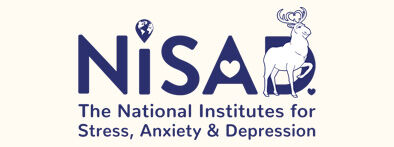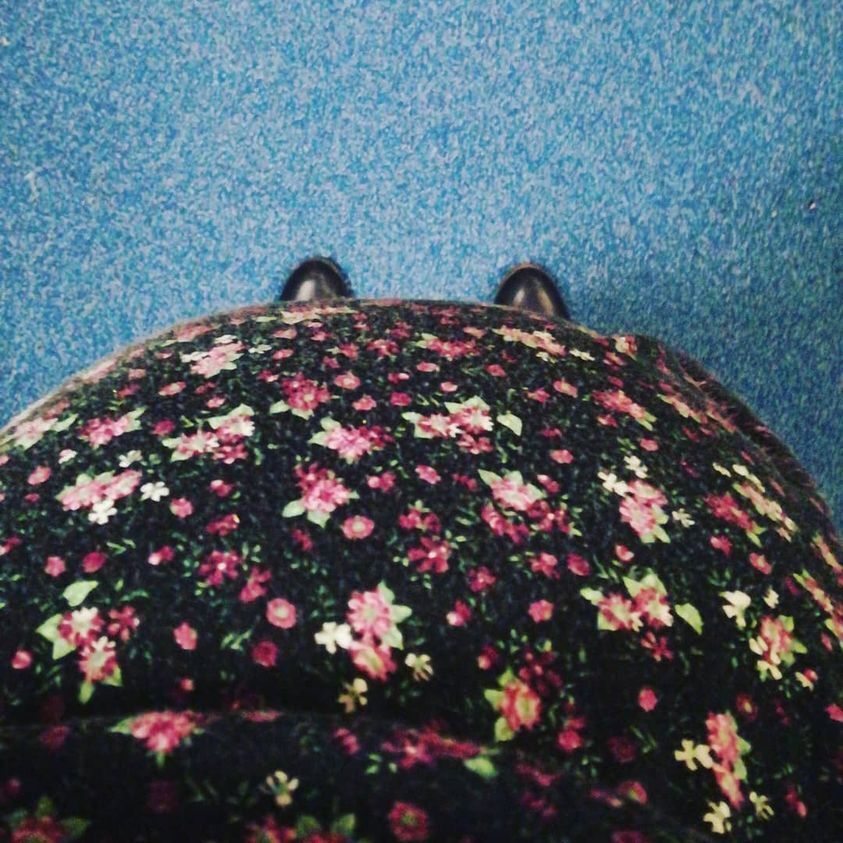Babies don’t come with instructions.
Yet I felt like the instructions practically rained over me since the day I announced my pregnancy. I’ve since been given many books and received random advice from people I know well, as well as from complete strangers meeting me for the first time. Something about babies makes people very eager to share their specific instructions on how babies work and what you should do in regards to this and that.
In the beginning I thought, this is just something people do.
I thanked people for the books, as you do, and put them on a shelf, most of them never to be opened. I couldn’t quite grasp the idea of them, and the books and I developed a difficult relationship with each other from day one. They were gifts that were given to me with the best intentions, but I didn’t recognise them as gifts at that point. It was even more difficult with the unsolicited advice. Apparently you can’t just say thank you and leave it on a shelf to collect dust for a few months, to then be handed to the closest charity shop. Or bin.
I was lectured on what to do and not to do at the most random occasions, by the most random people. When I went to get a coffee for myself at a local coffee shop, I asked for an extra shot of caffeine. The barista paused and looked at me, then at my tummy, and back at me again asking:
“Are you sure?”
This was a subtle way to police my behavior and at the same time advising me not to have that second shot of caffeine. Just thinking about it makes me want to explain myself. Even to this complete stranger that I haven’t met again since. Although my minor prosopagnosia makes it difficult to swear by it.
If you have a child or are expecting, you will most likely have your own examples of unsolicited advice that you’ve been given at some point, whether it’s said to you or written in a book.
To me it sounded a lot like this:
“Don’t ever let your baby watch TV. It slows their speech development!”
“You must take your baby to all kinds of social events – otherwise they get shy and isolated”
“What activities are you doing with your baby? …. You haven’t planned any?! They are vital for their development”
And the worst part was – it was all addressed to me. It made me wonder whether they all questioned my abilities as a mother to be. My partner was always excluded from this conversation, even when physically present. As if raising and caring for a child was my business only. And I felt like I couldn’t be trusted to figure out my own child, as it seems I needed constant lectures about it.
I also found it quite condescending that anyone who so much as knew of a child, would tell me what worked for this particular child as a given universal fact to be applied for all children! And that every other way would have disastrous outcomes, like slowed speech development and so on. It made me worry and it made me feel like my opinions and feelings didn’t matter.
The worst one was “cherish this time”.
After having had a difficult birth and a difficult time adjusting to life with a child, hearing this made me feel like I was being ungrateful for complaining or for not particularly enjoying those first few months. I feel like it’s something that needs to be talked about more. How tough it can be and that it is OK to rant to someone about not getting enough sleep or feeling emotional. This doesn’t necessarily mean that the person complaining is asking for advice.
As much as we all love being able to solve someone’s troubles, there are certain things that people want to figure out for themselves, and be given the time and space to do so.
Because the truth is that some of the well-meant advice just made me worry a lot more. If you are told that something needs to be done in a certain way, and that doing things differently will have devastating consequences, regardless if you believe it or not, it still isn’t something to add to your list of worries being a new mother. Because what if they are right!
And it’s all subject to change.
When I was born, my mother was told that she must put me to bed lying on my tummy. I couldn’t sleep like that so my mom gave in and let me sleep on my back. She was told off by midwives for it, only to later find out that sleeping on their stomachs, to most babies, isn’t a natural position for them. And this was “only” about 30 years ago.
Then there’s my grandmother who grew up in a generation where parents were told to leave their screaming babies on blankets outdoors to scream themselves out, be put to bed eating caramels as soothers, or to chew bread soaked in alcohol and wrap it in a cloth to create a dummy for going to bed. This might shock you, but this was all advised by midwives and other health professionals once upon a time.
But here’s the key.
Let go of these expectations as best as you can.
And know that whatever you do or don’t do, won’t have a disastrous outcome for your child. The children who grew up under different circumstances and different rules given to their parents, grew up too.
Babies don’t come with instruction manuals. They are little individuals that we are all doing our best to figure out – according to what works best for them. Babies aren’t going to co-operate with you on what you would like them to do, so all you can do is work around it.
At a certain point in motherhood I started realising that no one really knew what they were talking about. Yes, people can have documented experience and know enough to write books on the subject; but I wouldn’t consider this as a warranty that what they say works. Yes, you can look at parenting books for inspiration or take advice from the people of your surroundings, and take the information with a pinch of salt – some things might work for your baby and some things might not. But in the end it’s your call to make as a parent whether you will try something or not, and more importantly, whether it actually works or not.
Some people want advice and they rely on baby books and that is absolutely fine. But I think the key is asking for it.
So, what do new mums need?
New mums need a listening ear
Taking care of a baby’s needs 24 hours a day and responding to their entirely appropriate demands is often incredibly overwhelming. Mums need to be offered a space where there are no demands, no judgements and no criticisms. Perhaps she wants to vent, perhaps she needs to cry, laugh or maybe she just wants to sit in silence. Perhaps she doesn’t know what she needs – it’s usually best to ask first rather than assuming.
New mums need to be treated like capable adults
Offering a new mum unsolicited advice means treating her as if she is helpless and can’t take care of herself or her baby. Mums may feel vulnerable at times, but they are still individuals with agency who can decide over their own lives. Offering unsolicited advice, however well-meaning, sends a subtle message that they can’t cope without our intervention and can mean that she holds back from asking for help. We can’t go wrong with communicating clearly and asking “is there any way I can help?”.
New mums do need support
Especially because this is such a big transition in her life. But it is best to ask what she needs and when. Social support is what she needs, but on her own terms. It is important for a new mum to feel secure, taken care of and understood. She needs people around her who understand and who are willing to make themselves available to help.
New mums need their boundaries to be respected
This means considering her needs, even if you want something different. A new mum’s friendships and family relationships will strengthen when those people don’t take it personally if she asks for privacy, doesn’t want to hand over the baby or keeps less contact than she used to. By looking after your own needs without putting additional demands on a new mum, you are facilitating a trusting community environment for the baby to grow up in.
New mums need us to remember
that there are trends when it comes to raising babies and children. There are generational differences. There are changes in research, knowledge, official advice and understanding. There is no “best” way to raise a child. There is also a lot of pressure to get things right and we can ease the pressure by letting go of our own expectations.
Ultimately, new mums need us to be available, rather than imposing, to help them do the best that they can so!

Findus Krantz
BA Social Psychology
Social Psychologist and Analyst
As a social psychologist, I have always been interested in how and why people react in a certain way in social situations.
To me, there is always a story behind why people share meaning looks or cross their arms and I aim to uncross those arms with kindness and empathy.


